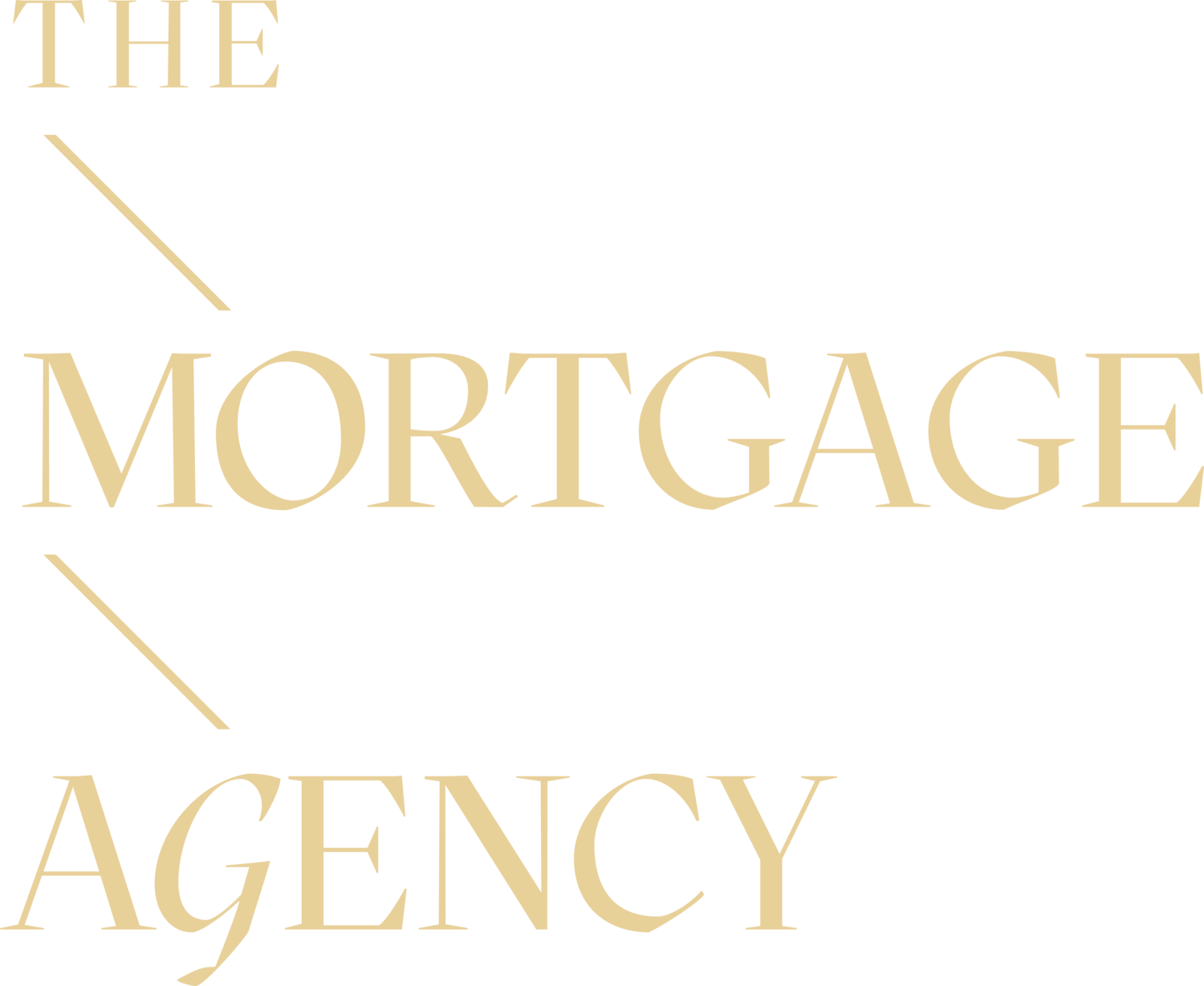Choosing a Variable Rate Mortgage
Lower Interest Rates (Initially)
The largest benefit of a variable rate mortgage is that you will benefit from the lower interest rates, at least initially. This short-term savings will allow you to place more of your payment towards the principal, earlier in the mortgage term.
Fixed-rate mortgages will be slightly higher, but provide you with peace of mind. Fixed-rate mortgages will have a consistent payment schedule.
Lower Total Interest Costs
If interest rates remain stable or decrease over the life of your mortgage, borrowers with variable-rate mortgages will benefit from lower total interest costs compared to those with fixed-rate mortgages. This potential for cost savings is especially true if you plan to pay off the mortgage relatively quickly.
Greater Flexibility with Payments
Many variable-rate mortgages give you more flexibility when it comes to payments. This may include increasing your payments or making additional payments, without any penalties. This flexibility can be advantageous for those who want to accelerate their mortgage repayment.
Switchability
If variable mortgage rates are rising and you’re afraid of being able to maintain your payment schedule, you may be able to switch to a fixed rate of interest for the remainder of your mortgage term.
Lower prepayment penalties
Compared to fixed-rate mortgages, variable–rate mortgages charge lower penalties if you prepay too much of your mortgage or break your mortgage contract in some other way.
We can’t just talk about the benefits of a variable rate mortgage, without discussing the drawbacks.
Unpredictability. If variable mortgage rates spike, your mortgage could become unaffordable.
Small prepayment penalties still exist. If you have to break a variable-rate mortgage because of financial difficulties, paying a penalty equal to three months’ interest could be painful.
No portability. Your lender may not allow you to port a variable-rate mortgage unless you convert it to a fixed-rate mortgage. When making the switch, you’ll be subject to your lender’s current mortgage rates, which may be higher than you can afford.
If you want to understand how variable mortgage rates might be trending, keep an eye on the inflation rate in Canada. If inflation is trending upward, or the Bank of Canada is concerned that inflation may increase, there’s a chance that the Bank will raise its overnight rate. When this happens, variable mortgage rates also increase. If inflation is declining, the Bank may choose to lower the overnight rate, which will result in lower variable rates.The economy can be a tricky thing to predict, so never assume you know exactly where rates are heading.
Borrowers should carefully consider their financial situation, risk tolerance, and market conditions when deciding between variable and fixed-rate mortgages. Consult with a mortgage broker from www.themtgagency.com to help you make an informed decision.
